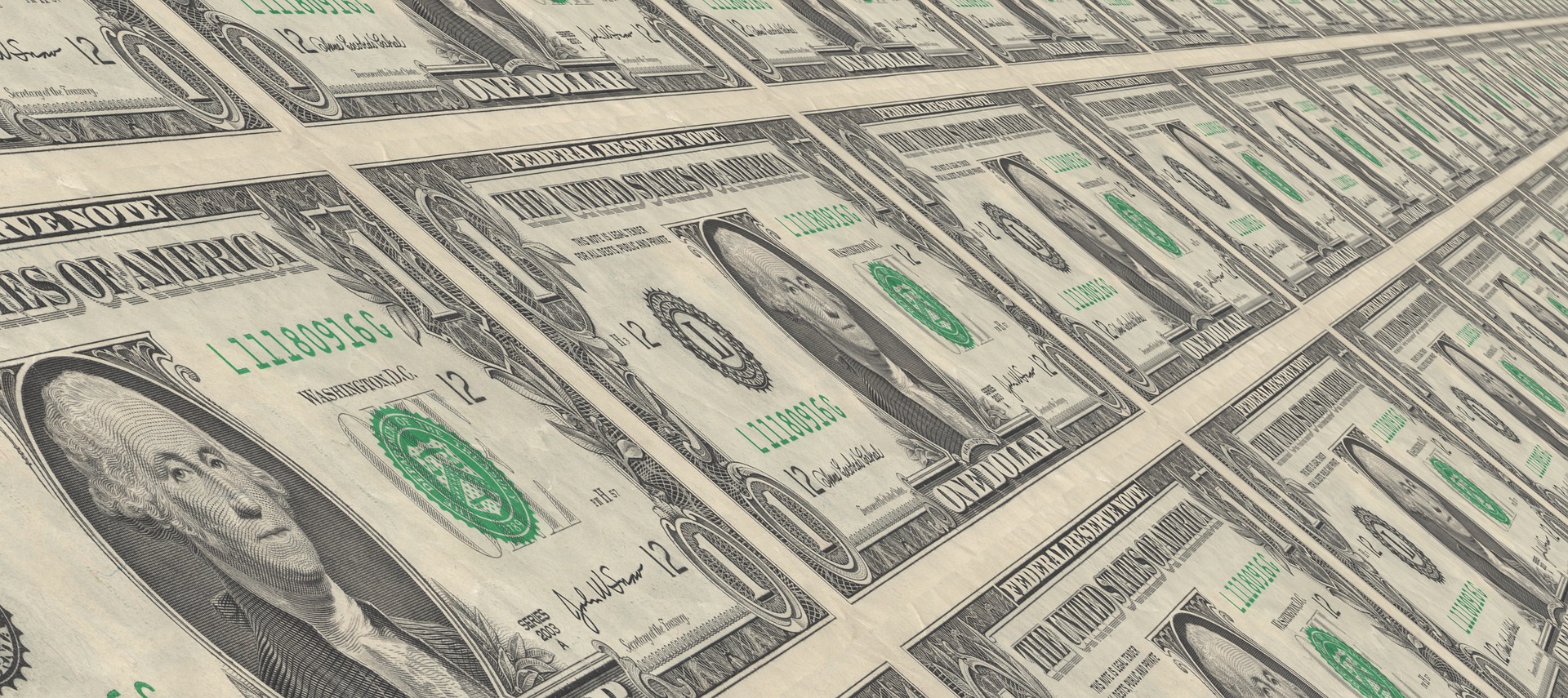American banks writing down billions.
The figures are staggering. Citibank reported a charge of $22 billion (figures in U.S. dollars) in the year’s final quarter. The result was a bottom line loss of $18.3 billion – the largest ever for the company in a single quarter.
Most of the other big banks were in the same boat. Goldman Sachs reported $4.4 billion in income tax expenses relating to the new legislation. Bank of America booked a write-down of $2.9 billion while JPMorgan Chase wrote off $2.4 billion.
The lone exception among the majors was Wells Fargo, which booked a one-time gain of $3.35 billion ($0.67 per share).
Tax Reform
Despite all the red ink, the banking community greeted the tax reform bill with praise and optimism.
“The enactment of tax reform in the fourth quarter is a significant positive outcome for the country,” said Jamie Dimon, CEO of JPMorgan Chase. “U.S. companies will be more competitive globally, which will ultimately benefit all Americans. The cumulative effect of retained and reinvested capital in the U.S. will help grow the economy, ultimately growing jobs and wages.”
Lloyd Blankfein, CEO of Goldman Sachs, said the new law would provide “tailwinds”for future U.S. growth.
The American Bankers Association put out a press release stating that the bill “is already spurring job creation and economic growth. As soon as the bill was enacted, banks of all sizes began announcing ways they will put their tax savings to work for their employees, customers and communities, including increased wages and expanded philanthropic efforts.”
The write-downs the banks have announced relate mainly to deferred tax assets that have been accumulating on balance sheets since the financial meltdown of 2008. Deferred tax assets represent mostly the ability to use past losses to lower future income taxes. The value of such loss carry-forwards is lower due the reduction in corporate tax rates from 35% to 21%.
Bloomberg quoted Marty Sullivan, chief economist at Tax Analysts, as saying: “People might be confused, but the sophisticated people will say ‘don’t worry about it, it’s a one-time thing’.” He added: “All of a sudden, the jerk in accounting says you have to drop a billion-dollar loss, so you have to report a negative to shareholders. In any other situation, that would be cataclysmic.”
Investors unconcerned
It appears investors are in fact quite sanguine about the whole situation. The S&P Financials Index was up 5% year-to-date as of the close on Jan. 19, with most of the bank stocks moving higher despite the write-offs. JPMorgan Chase is up 5.7% since the start of the year while Wells Fargo has gained 5.9%. Citigroup has added 5.2% despite its horrendous fourth-quarter loss, Bank of America is up 7.5%, while Goldman Sachs gained a fractional 0.05%.
It appears the market is looking well beyond the fourth-quarter red ink to a period of rising interest rates (usually good for the banks) and lower tax rates. – Gordon Pape
